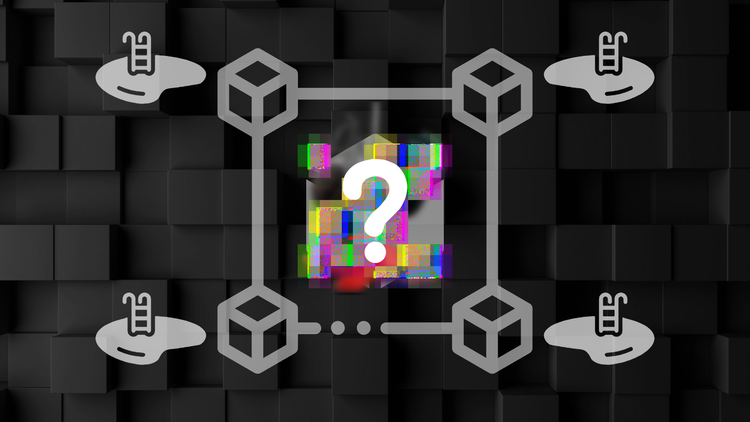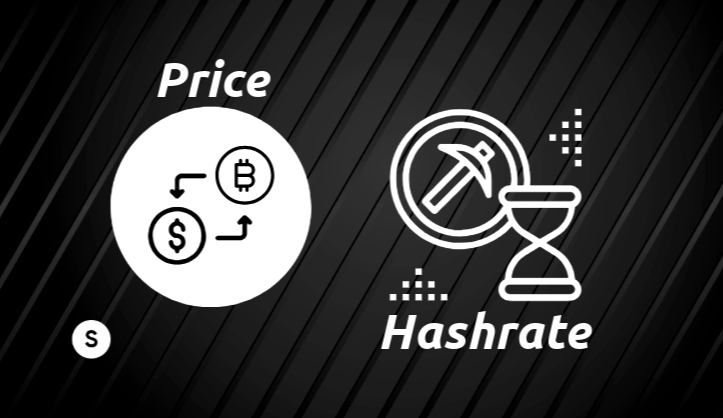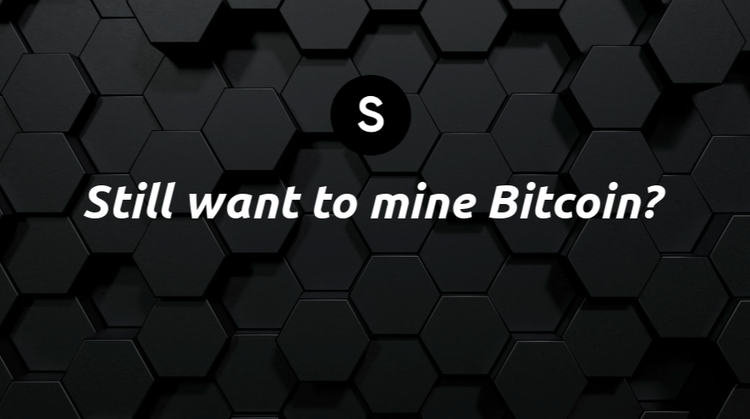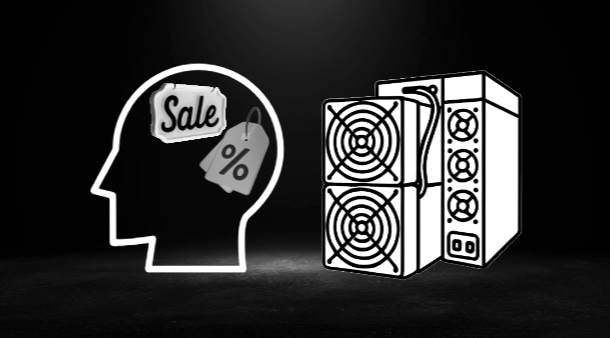What is Proof-of-Work?

Proof-of-Work (PoW) is a consensus mechanism used by Bitcoin to secure its network and validate transactions. It’s a fundamental to enforce the integrity Bitcoin's digital ledger.
It is "proof" a miner has done the "work" it takes to authenticate transactions.
Why is Proof-of-Work Important?
Proof-of-Work is brilliant for the following reasons:
- Security: It prevents malicious actors from taking control of the network. To alter the ledger, an attacker would need more computational power than the rest of the network combined, which is practically impossible(51% attack).
- Decentralization: PoW ensures that no single entity can control the network. It relies on a decentralized network of miners who compete to solve complex mathematical problems.
- Integrity: By requiring computational work to validate transactions, PoW ensures that all transactions are legitimate and prevents double-spending, where the same Bitcoin could be spent more than once.
How Does Proof-of-Work Work?
Proof-of-Work involves the following key steps:
- Mining: Miners use powerful computers to solve complex mathematical puzzles. These puzzles are difficult to solve but easy for the network to verify. The process of solving these puzzles is called mining.
- Creating a Block: When a miner successfully solves a puzzle, they create a new block of transactions. This block is added to the blockchain, a public ledger of all Bitcoin transactions.
- Reward: As a reward for their work, the miner who solves the puzzle first gets a certain number of newly created Bitcoins. This provides an incentive for miners to continue securing the network.
- Verification: The network quickly verifies the new block by checking the proof-of-work. Once verified, the block is added to the blockchain, and the process starts over.
Why is Proof-of-Work Effective?
Proof-of-Work is effective because it combines computational effort with cryptographic security. Here's why it works so well:
- Difficulty Adjustment: The network adjusts the difficulty of the puzzles to ensure that blocks are created at a consistent rate. This prevents the network from being overwhelmed by too many transactions at once.
- Energy Consumption: While PoW requires significant energy, this is a feature, not a bug. The energy consumption ensures that miners are committed and that the cost of attacking the network is prohibitively high.
- Fairness: PoW is inherently fair because it requires real-world resources (computational power and electricity) to participate. This means that anyone can mine Bitcoin if they have the necessary hardware and energy.
What Can You Do with This Information?
Understanding Proof-of-Work can help you in several ways:
- Informed Participation: If you are considering getting involved in Bitcoin, whether by mining, investing, or using it for transactions, knowing how PoW works helps you understand the system's security and reliability.
- Enhanced Security Awareness: Knowing the importance of PoW can make you more aware of the security features of Bitcoin compared to other crypto assets that might use different consensus mechanisms.
- Educated Decisions: If you are comparing Bitcoin to other digital currencies, understanding PoW provides a basis for why Bitcoin is considered secure and decentralized.
Proof-of-Work is a foundational pillar of Bitcoin. By requiring significant computational effort to solve complex puzzles, PoW prevents network attacks and ensures that all transactions on the Bitcoin network are legitimate.
Understanding PoW not only gives you insight into how Bitcoin works but also highlights why it remains the leading crypto asset in terms of security and decentralization.




